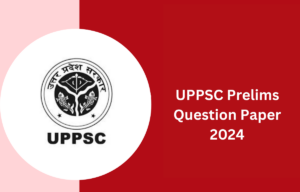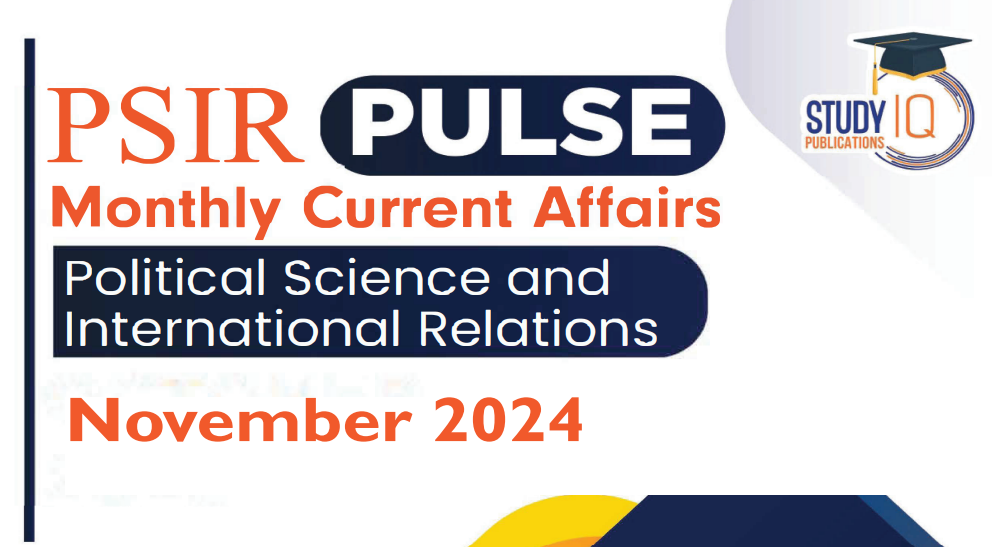Table of Contents
Context: A five-judge Supreme Court Bench, headed by the Chief Justice of India, is scheduled to hear a series of petitions seeking legal recognition of same sex marriage.
Same Sex Marriage Background
- Navtej Singh Johar v. Union of India Case: SC struck down part of Section 377 stating that choosing a partner is every persons’ Fundamental Right.
- The choice of whom to partner, the ability to find fulfillment in sexual intimacies and the right not to be subjected to discriminatory behaviour are intrinsic to the constitutional protection of sexual orientation.
- Article 21 guarantees the right to life and liberty.
- However, it only recognised an LGBTQIA+ person’s ‘right to love’, it did not recognize their ‘right to marry’.
- Hindu Marriage Act (HMA): Personal affairs such as marriage and divorce are governed by laws specific to communities in India.
- HMA applies to Buddhists, Sikhs, Jains, and all the sects of Hinduism. HMA does not distinguish between heterosexual and homosexual marriages.
- Special Marriage Act: Section 4(c) of the Special Marriage Act, 1954, discriminates against same-sex couples. The provision only recognises marriage between a ‘male’ and a ‘female’.

Argument for Recognition of Same-Sex Marriage
- Discrimination: Non-recognition of same sex marriage amounted to discrimination that struck at the root of dignity and self-fulfillment of LGBTQIA+ couples.
- Legal protection available in about 15 legislations, guaranteeing the right of wages, gratuity, adoption, surrogacy, etc, was not available to LGBTQIA+ citizens.
- Special Marriage Act, 1954, provides a civil marriage for couples who cannot marry under their personal law, and appealed to the Court to extend the right to the LGBTQIA+ community, by making the “marriage between any two persons” gender neutral.
- Violation of Fundamental Rights: Non-recognition of same-sex marriage violates rights under Articles 14 (right to equality before law), 15 (right against discrimination on grounds of religion, race, caste, sex, place of birth), 19 (freedom of speech and expression), and 21 (protection of life and personal liberty) of the Constitution.
- An adult person has the right to marry a person of their choice under Article 21.
- Inequality: LGBTQIA+ couples cannot adopt children or have a child by surrogacy; they do not have automatic rights to inheritance, maintenance and tax benefits; after a partner passes away, they cannot avail of benefits like pension or compensation.
- Parenthood: By depriving legal status to homosexual marriages, the state is denying the legal security of dual parenthood and guardianship to the child.
- Global situation: Over 34 countries have legalized same-sex marriages either through legislation or through court decisions.
- At present more than 50 countries allow same-sex couples to legally adopt children.

Argument against Same-Sex Marriage
- Non-Social acceptance: Union government contested the idea of same-sex marriage as merely an “urban elitist view”.
- State of Madhya Pradesh has said the legal recognition of same sex marriage would “seriously affect” the interests of the residents.
- Violate Juvenile Justice Act: National Commission for Protection of Child Rights (NCPCR) also argued that same-sex marriage would violate the provisions of the Juvenile Justice Act.
- Juvenile Justice Act of 2015 prohibits a single man, let alone two men, from adopting a girl child.
- Religious Opposition:
- Shri Sanatan Dharm Pratinidhi Sabha opined that same-sex marriages are “catastrophic” and that it would have a “pernicious effect” on Indian culture and society.
- Jamiat-Ulama-i-Hind also opposed same-sex marriage by stating that marriage between opposite sexes is like the ‘basic feature’ of marriage.
- Telangana Markazi Shia Ulema Council also claimed that persons raised by same-sex couples were “much more likely” to suffer from depression, low academic achievement, unemployment and are more likely to smoke marijuana etc.
- Kanchan Foundation has submitted that deep-seated stereotypes and mental barriers that have been constructed over centuries cannot be dismantled by a mere judicial ruling.
- The Call for Justice NGO argues that “marriage flows from natural law” and the “millennia-old institution” of marriage between a man and a woman.
Conclusion
- After the K.S. Puttaswamy verdict (2017) which upheld the right to privacy and Navtej Singh Johar (2018) that decriminalised homosexuality, there was hope that same-sex marriages would be legalised, but that has not been the case, prompting many couples to move court.
- A 5-Judge Bench will begin hearing the case on April 18th, 2023. The decision of the SC following the proceedings will determine the extent of personal and matrimonial rights of the LGBTQIA+ community in India.
- The legal recognition of same-sex marriages would grant same-sex couples benefits at par with heterosexual couples.


 UPPSC Question Paper 2024, Download Prel...
UPPSC Question Paper 2024, Download Prel...
 AIBE XIX Cut Off 2024 Excepted, Check Pr...
AIBE XIX Cut Off 2024 Excepted, Check Pr...
 AIBE 19 Exam Analysis 2024, Check Good A...
AIBE 19 Exam Analysis 2024, Check Good A...




















